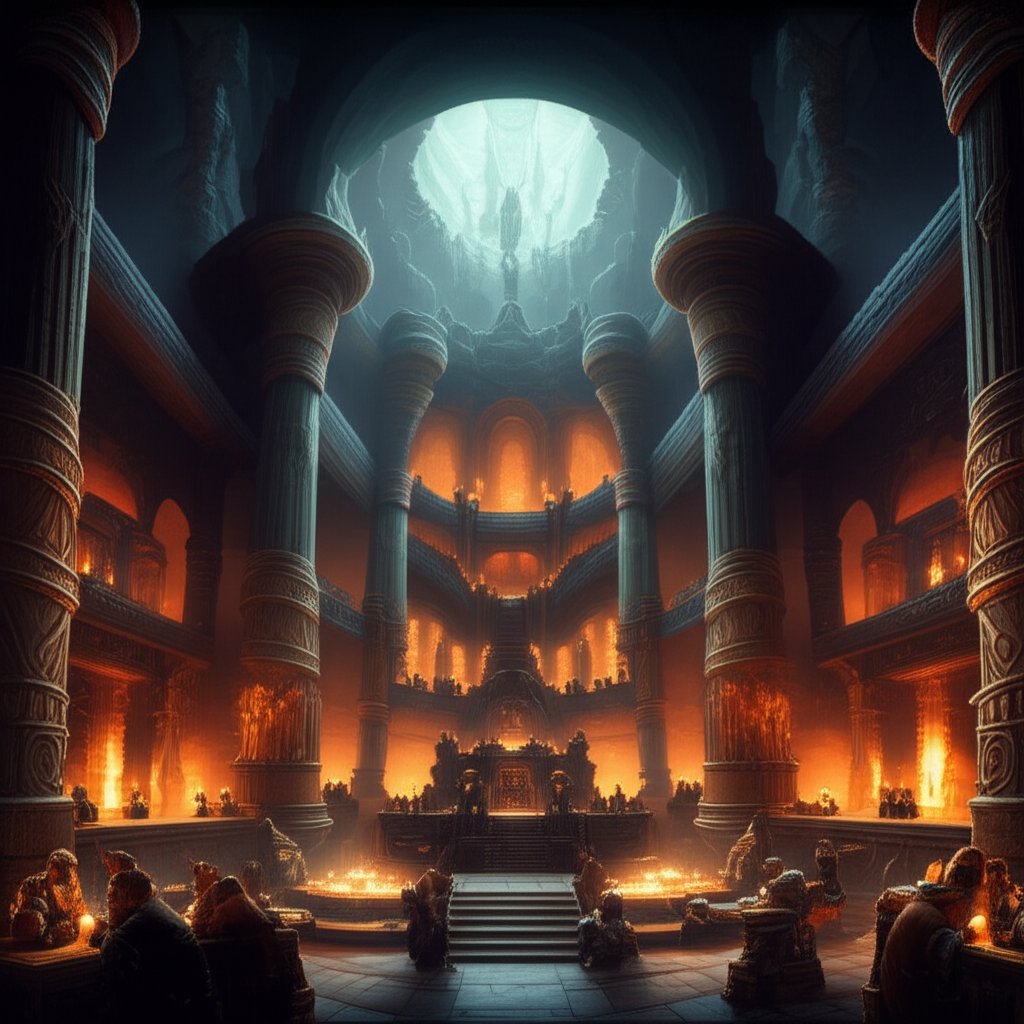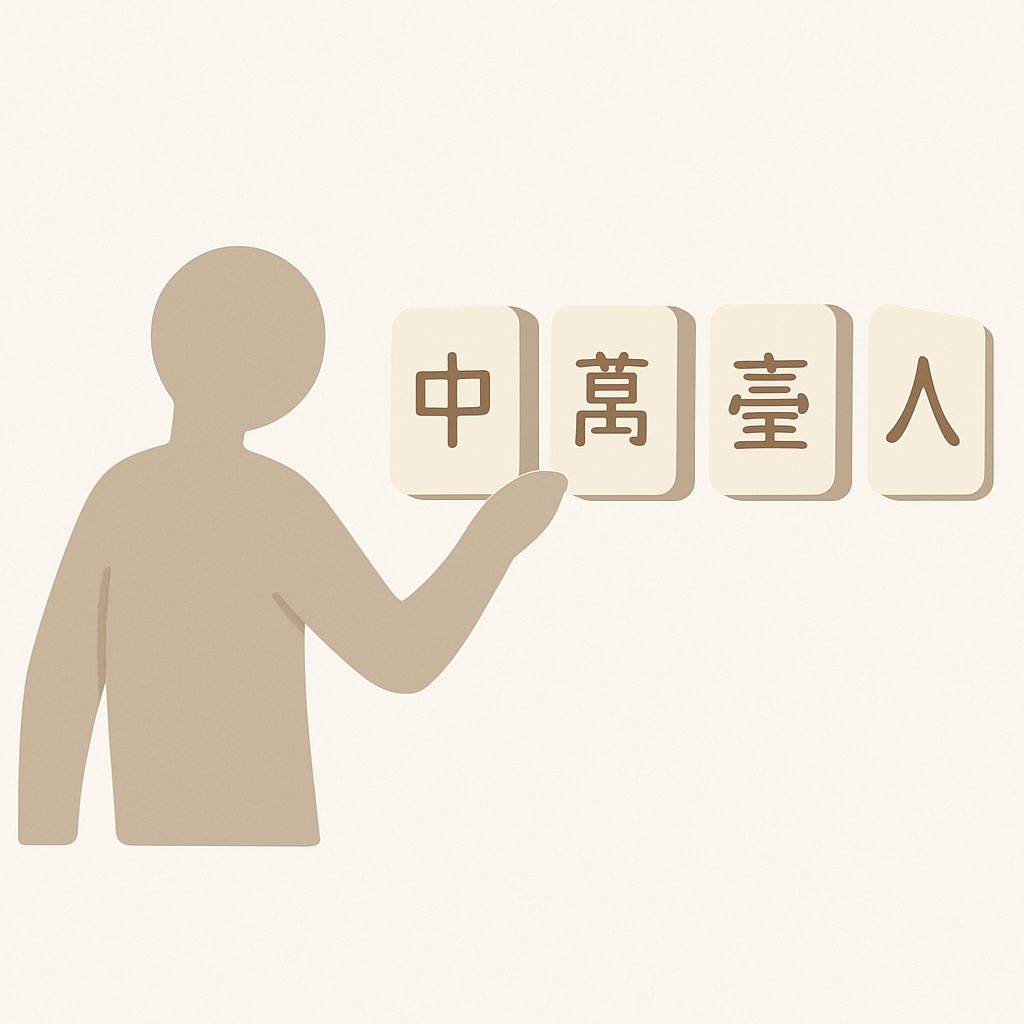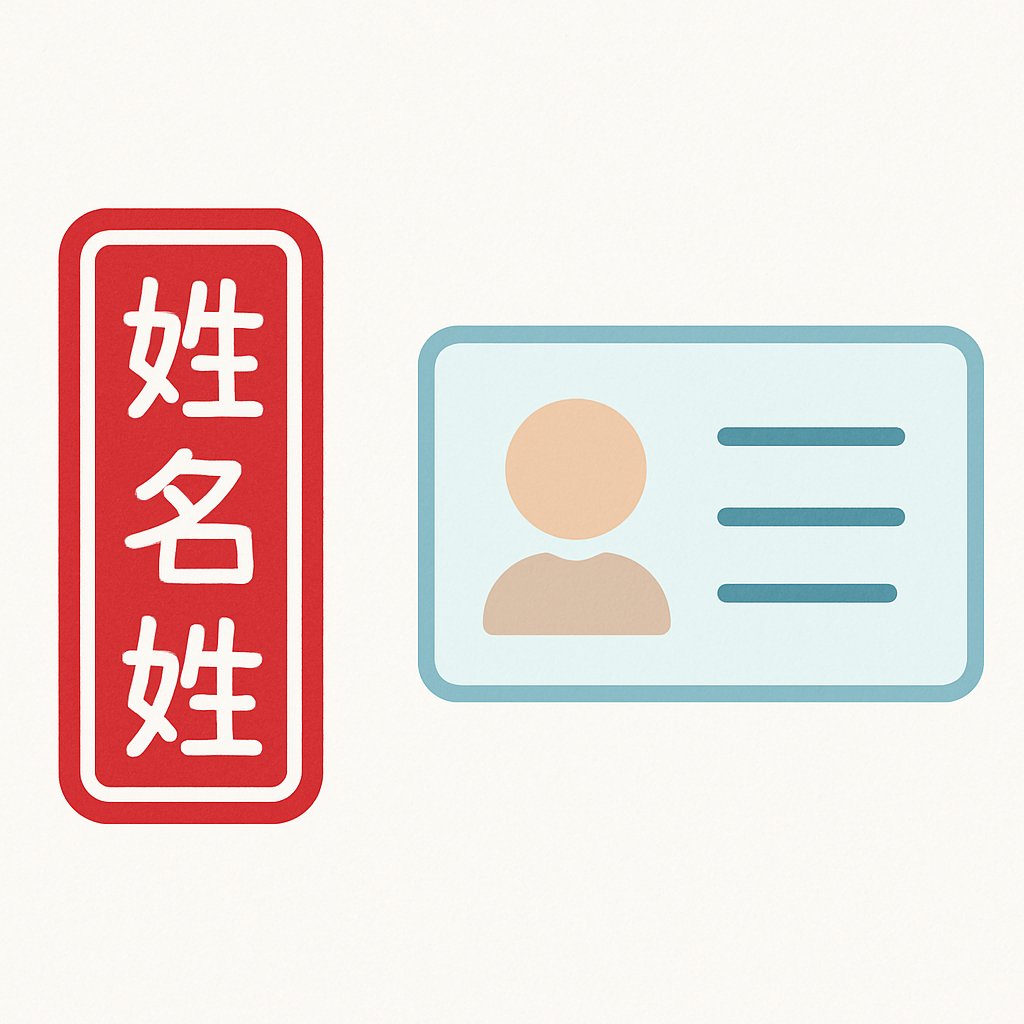Introduction to Dwarf Name Generator
When you create a new character for a tabletop RPG, write your next fantasy novel, or even pick an online gaming nickname, have you ever found yourself stuck on the perfect name? Sounds complex? You’re not alone. A character’s name is more than just a label—it’s the cornerstone of their identity, backstory, and the immersive experience they bring to any fantasy world.
This is where a dwarf name generator comes into play. These creative tools are designed to help you find unique, authentic, and memorable names for dwarven characters, drawing inspiration from centuries of mythology and decades of fantasy storytelling. Whether you’re building a fierce mountain warrior, a masterful blacksmith, or a wise clan elder, the right name can instantly evoke the grit, strength, and tradition that define dwarves in popular culture.
Why Names Matter in Fantasy Worlds
Imagine reading about a dwarf named Gimli, Thorin, or Bruenor. Immediately, you picture a stout, bearded figure with a proud lineage and a story to tell. That’s the power of a well-chosen name—it anchors your character in the world, shapes their personality, and enhances the reader’s or player’s immersion. In fact, names are so pivotal to storytelling that they can even influence the emotional connection between the audience and the character, making adventures more memorable and meaningful (see: the two pillars of storytelling).
- Tabletop RPGs: A distinctive name helps players step into their character’s boots, fostering deeper role-play and group engagement.
- Video Games: Unique names make avatars stand out in crowded online worlds, adding personality and flair.
- Creative Writing: Memorable names set characters apart, making your story more vivid and your world more believable.
But coming up with fresh fantasy dwarf names isn’t always easy. That’s why generators use clever combinations of syllables, cultural references, and thematic elements to spark your creativity and save you time.
What This Guide Covers
In this comprehensive guide, we’ll walk you through everything you need to know to master the art of dwarf naming. Here’s what you can expect:
- The Anatomy of a Classic Dwarf Name: Learn what makes these names sound so iconic and powerful.
- Universe-Specific Naming Conventions: Discover how D&D, Tolkien, and major video games each approach dwarf names differently.
- Archetype and Clan Names: Find inspiration for matriarchs, warriors, artisans, and entire dwarf families or clans.
- World-Building Tips: Get insights on naming cities, fortresses, and dwarf nations for the ultimate immersive experience.
Our goal? To empower you with all the tools, strategies, and creative insights you need—whether you’re using a dwarf name generator or crafting names from scratch. By the end of this journey, you’ll have everything you need to bring your dwarven characters and worlds to life, one unforgettable name at a time.
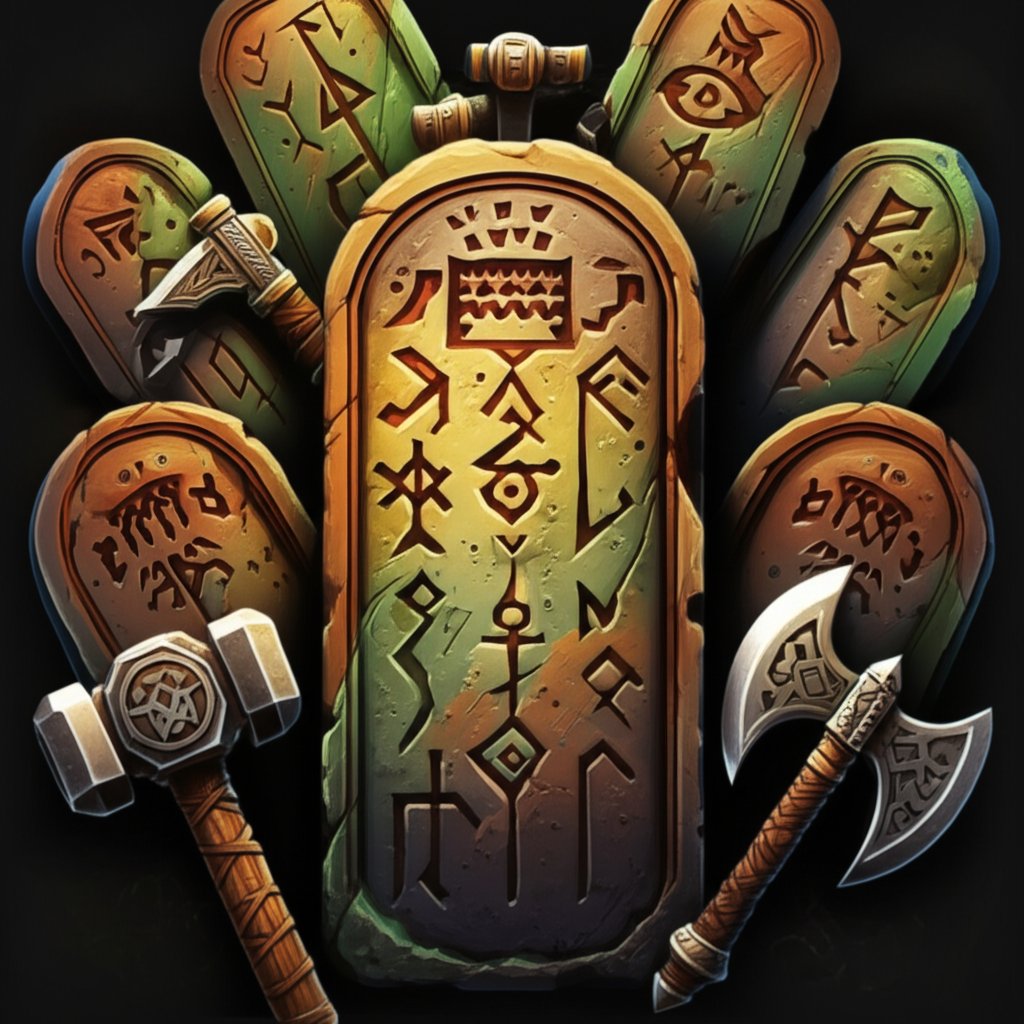
The Anatomy of a Classic Dwarf Name
Ever wondered why names like Thorin, Balin, or Gimli just feel so right for dwarves? It’s not magic—it’s a careful blend of sound, meaning, and tradition. When you explore the dwarf name structure, you’ll notice a formula that makes these names instantly recognizable and steeped in fantasy lore. Let’s break down what gives classic dwarven names their powerful resonance and how you can use these techniques—whether you’re using a generator or crafting names from scratch.
What Makes a Dwarf Name Sound "Dwarven"?
Imagine you’re forging a name in the fires of a mountain forge. What raw materials do you use? Traditional dwarven name origins are rooted in Norse and Germanic languages, drawing on harsh consonants, strong syllables, and meanings tied to the earth, metal, and craftsmanship. Here’s what to look for:
- Hearty Phonetics: Names often feature hard consonants (like "B", "D", "K", "G", "R") and sturdy vowel sounds, giving them a weighty, grounded feel.
- Distinctive Prefixes: Many dwarf names start with meaningful prefixes—think Baraz- (red), Gim- (fire), Durinn- (sleeper), or Khazad- (of dwarfs). These prefixes evoke strength, elements, or legendary qualities.
- Evocative Suffixes: Common endings include -in, -ri, -le, or -u. These can denote "one," "shelter," or even a connection to a place or clan.
- Two-Part Structure: Dwarf names often combine a prefix and suffix, sometimes with a consonant bridge, resulting in names like Thorin, Balin, or Barukle.
- Cultural Inspiration: Many classic names are adapted from Old Norse texts, such as the Poetic Edda, or modeled after Germanic naming traditions (see: Tolkien's Norse Influences).
Breaking Down the Building Blocks
Let’s look at some practical examples. Here are sample prefixes and suffixes you might encounter or use when generating a name:
| Prefix | Meaning | Suffix | Meaning |
|---|---|---|---|
| Baraz- | Red | -in | One |
| Gim- | Fire | -le | Shelter |
| Durinn- | Sleeper | -ri | One |
| Khazad- | Of dwarfs | -u | Of |
Combine these, and you get names like Barazin (Red One), Gimle (Fire Shelter), or Durinnri (Sleeper One). Each element carries meaning, adding depth to your character’s identity.
Why Cultural Depth Matters: Lessons from Real-World Name Generators
When crafting fantasy names, it’s tempting to string together cool-sounding syllables. But names with real cultural roots are more memorable and believable. For example, the Chinese Name Generator builds names by combining characters with deep, authentic meanings—like “mountain,” “iron,” or “honor.” Just as this tool ensures every generated name reflects a genuine cultural tradition, you can enrich your dwarven names by understanding the significance of each component.
“A great fantasy name is more than just a sound—it’s a story in itself.”
So, when you use a dwarf name generator or create a name from scratch, consider what each part means. Does your character’s name hint at their lineage, profession, or a legendary deed? That’s the secret to names that resonate and endure.
From Structure to Story: Where Do You Go Next?
Now that you know the anatomy of a classic dwarf name, you’re ready to explore how different fantasy universes—like Dungeons & Dragons—put their own spin on these traditions. Let’s dive into the unique conventions that make D&D dwarf names stand out in the next section.
Finding the Perfect Name for Your D&D Dwarf
When you sit down to create a new Dungeons & Dragons character, have you ever wondered, “How do I pick a name that feels truly dwarven?” It’s not just about picking something that sounds tough—your D&D dwarf’s name is a badge of heritage, a symbol of their place in a world rich with lore, and a key to deeper roleplay. Whether you rely on a D&D dwarf name generator or build one from scratch, understanding the official naming conventions will help your character stand out and feel authentic in any campaign setting.
Understanding D&D Dwarf Naming Traditions
Dwarves in D&D are steeped in tradition. Their names reflect a blend of ancient roots, clan pride, and personal history. According to the Player’s Handbook and other official sources, every dwarf typically has two names:
- Personal Name: Chosen by clan elders, often reused across generations to honor ancestors and legendary figures.
- Clan Name: Shared by all members of a clan, representing family, reputation, and shared history.
This two-part structure isn’t just for show. In dwarven society, names are communal. The deeds—good or bad—of any individual reflect on their entire clan. Imagine introducing yourself as Baern Ironhelm: you’re not just Baern, you carry the legacy of the Ironhelm clan wherever you go (see: D&D Dwarf 5e Guide).
How D&D Subraces Shape Dwarf Names
Not all dwarves are the same. D&D features several subraces, each with its own cultural flavor and naming tendencies. Let’s break down the most common ones:
| Subrace | Traits | Naming Style | Example Names |
|---|---|---|---|
| Hill Dwarf | Wise, resilient, often live on high ground | Earthy, grounded, traditional | Baern, Eldeth, Bardryn |
| Mountain Dwarf | Strong, hardy, dwell in craggy peaks | Sturdy, bold, often with strong consonants | Adrik, Dain, Thoradin |
| Duergar (Gray Dwarf) | Grim, secretive, live in the Underdark | Harsh, somber, sometimes sinister | Kildrak, Orsik, Vondal |
| Mark of Warding Dwarf | Magically gifted, protectors, from Eberron | Subtle, arcane, sometimes with hidden meanings | Gardain, Eberk, Finellen |
This table helps you quickly spot the differences. For instance, Mountain Dwarves often have names that “sound like you could carve them into stone,” while Hill Dwarves lean toward names that feel rooted in tradition and wisdom. Duergar names, on the other hand, have a sharper, more somber tone, reflecting their harsh lives underground.
Sample D&D Dwarf Names and Their Meanings
Still feeling stuck? Here are some examples, along with their meanings, to inspire your next hero or villain:
- Adrik Ironhelm: “Dark oak” (Adrik) and a classic clan name—perfect for a Mountain Dwarf warrior.
- Bardryn Mithril-born: “Battle ruler” (Bardryn) from a clan famed for its legendary metalwork—great for a Hill Dwarf matriarch.
- Kildrak Stonefist: “War dragon” (Kildrak) paired with a surname that hints at strength and resilience.
- Riswynn Goldenbrace: “Wise friend” (Riswynn) and a clan name that conjures images of craftsmanship and honor.
Notice how these names combine meaning, heritage, and sound. The best DnD dwarf names don’t just roll off the tongue—they tell a story.
Using a D&D Dwarf Name Generator Effectively
If you want a quick solution, a D&D dwarf name generator can be a lifesaver. But to get the most out of it, try these tips:
- Start with your subrace and backstory in mind—are you a stoic Mountain Dwarf or a cunning Duergar?
- Look for names that fit both your character’s personality and the clan’s reputation.
- Consider mixing and matching first names and clan names from different sources for a unique twist.
- Don’t be afraid to tweak generated names to better suit your campaign’s culture or your own preferences.
By combining tradition, meaning, and a touch of creativity, you’ll forge a name that your fellow adventurers—and your DM—will remember. Next, let’s see how Tolkien’s legendary approach to dwarf names can inspire even greater authenticity in your fantasy storytelling.
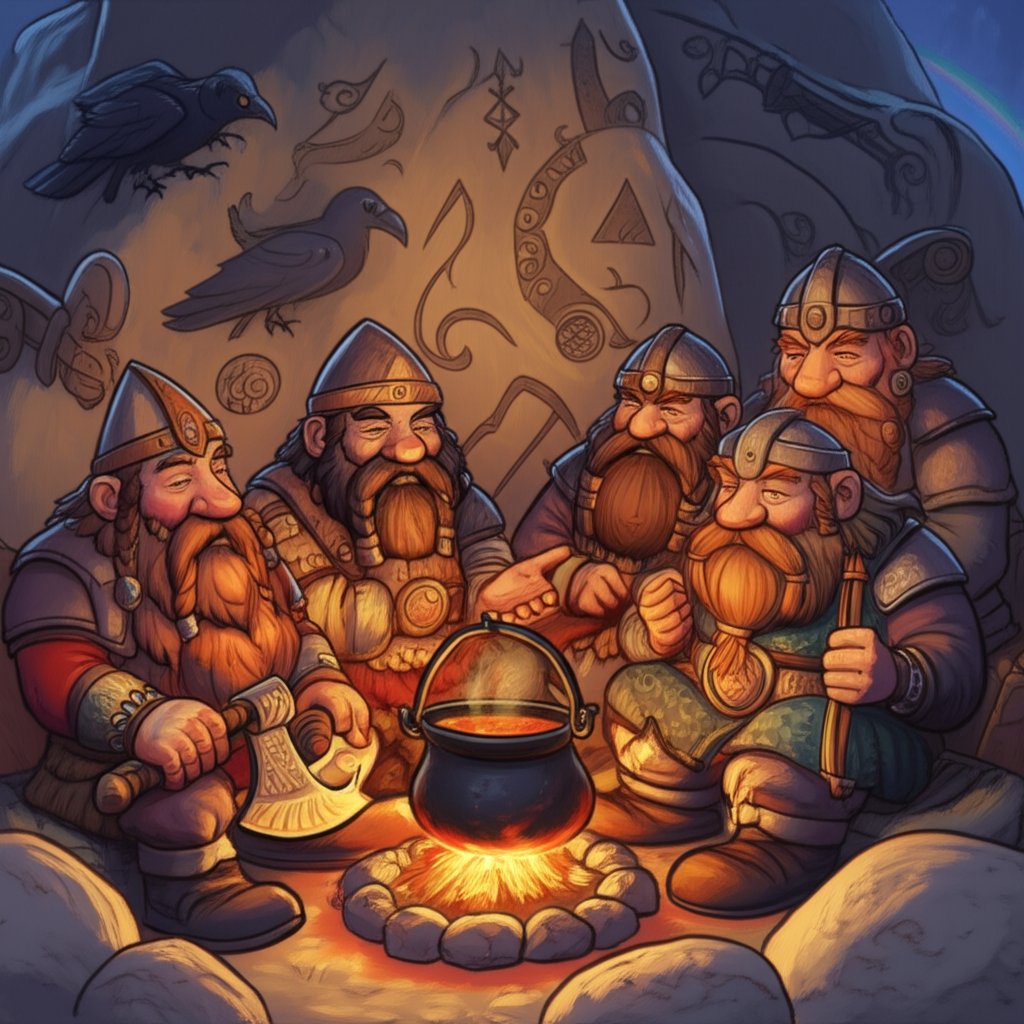
Crafting Authentic Names from Tolkien's Lore
When you think of iconic dwarf names, do "Thorin Oakenshield" or "Gimli son of Glóin" instantly spring to mind? If you’re searching for truly authentic LOTR dwarf names or hoping to emulate Tolkien’s legendary style with your own Tolkien dwarf name generator, understanding his methods is key. But what makes a Tolkien-esque dwarf name stand out from the rest? Let’s break down the secrets behind these memorable names and see how you can use them to enrich your own fantasy creations.
Why Did Tolkien’s Dwarf Names Feel So Real?
Imagine reading The Hobbit or The Lord of the Rings and encountering a company of dwarves whose names just fit—not only within their world, but also with each other. This isn’t by accident. Tolkien, a scholar of ancient languages and myth, borrowed heavily from Old Norse sources, especially the Prose Edda, to craft his dwarven names. In fact, almost every dwarf name in The Hobbit—like Dwalin, Balin, Kili, Fili, Dori, Nori, Ori, Oin, Gloin, Bifur, Bofur, Bombur, and Thorin—is found in a single passage of Norse mythology (see: Norse roots in Tolkien's dwarves).
- Old Norse Inspiration: Tolkien drew names directly from the Prose Edda—a collection of ancient Scandinavian myths. This gives his dwarves a historic, almost legendary quality.
- Phonetic Consistency: Names often start with strong consonants (T, D, G, B, K), creating a sense of unity and strength. Suffixes like -in, -li, or -ur are common.
- Runic Influence: Tolkien imagined dwarves using runes, so their names often include sounds and letters that could be easily carved in stone, like "Thorin" or "Dwalin".
- Meaningful Structure: Many names are two-part, with roots that hint at traits or legendary deeds. For example, "Oakenshield" signals strength and resilience.
The Secret of Khuzdul: Public vs. Private Names
Here’s a twist you might not expect: the dwarf names we know from Tolkien’s stories aren’t their "true" names. In Middle-earth lore, dwarves keep their real names—spoken in the secret language of Khuzdul—hidden even from their closest allies. What we hear, like "Gimli" or "Thorin," are public names, often adapted from human or Elvish tongues (see: Khuzdul – The Dwarvish Language).
- Public Names: Used in dealings with outsiders, these are the names you’ll find in the books and films. They’re inspired by Norse tradition and are meant to be shared.
- Secret Khuzdul Names: Known only among dwarves, these names are never revealed to non-dwarves. Tolkien gives us only hints—like Balin’s tomb inscription: "Balin Fundinul uzbad Khazaddûmu" (Balin, son of Fundin, Lord of Moria).
This tradition adds a layer of mystery and depth to dwarven culture. When designing your own names, consider creating both a public and a secret version for added authenticity.
Hallmarks of Tolkien-Style Dwarf Names
- Norse-derived roots: Names like Dwalin, Balin, and Thorin are lifted straight from the Prose Edda.
- Strong, simple syllables: Easy to pronounce, often with hard consonants and minimal frills.
- Descriptive surnames or titles: "Oakenshield," "Stonehelm," or "Ironfoot" evoke deeds, legendary items, or physical traits.
- Two-part structure: Many names have a first name and an epithet or clan name, reflecting both personal identity and heritage.
Examples from The Hobbit and The Lord of the Rings
| Name | Origin/Meaning | Notes |
|---|---|---|
| Thorin Oakenshield | Norse ("Thorin"), Epithet ("Oakenshield") | Leader, renowned for defense with an oak shield |
| Balin | Norse | Companion of Thorin, elder statesman |
| Gimli son of Glóin | Norse | Fellowship member, lineage emphasized |
| Dwalin | Norse | Thorin’s loyal companion |
| Bombur | Norse | Known for size and appetite |
Notice how these names echo each other in style and sound, reinforcing the sense of a shared culture and ancient tradition.
Bringing Tolkien’s Magic to Your Own Dwarf Names
When you use a Tolkien dwarf name generator, or simply want to capture that legendary feel, remember these tips:
- Draw from Old Norse or similar mythological sources for name inspiration.
- Favor strong, consonant-heavy names with simple endings.
- Add descriptive surnames or titles that hint at your character’s deeds or traits.
- Consider the secret/public name tradition for added depth.
With these techniques, your dwarf names will resonate with the same authenticity and gravitas that made Tolkien’s creations unforgettable. Next, we’ll explore how major video games put their own spin on dwarf names—so you can choose or adapt a style that fits your favorite universe.
Dwarf Names from Popular Gaming Universes
When you dive into your favorite fantasy video game, have you ever noticed how each universe gives dwarves a unique identity—starting with their names? Whether you’re looking for inspiration from a Warhammer dwarf name generator or a fantasy dwarf name generator tailored to Dragon Age or World of Warcraft, understanding the style and spirit behind each franchise’s naming conventions can help you craft a character that truly fits in.
How Video Games Shape Dwarf Naming Traditions
Imagine you’re building a new dwarf for your next campaign or online adventure. Do you want the stoic gravitas of a Warhammer king, the melodic heritage of a Dragon Age noble, or the hearty, humorous tone of a Warcraft adventurer? Each gaming world has its own rules, themes, and cultural flavor—and this is reflected in the names you’ll find (and generate) within them.
Let’s explore how four major franchises—Warhammer, Dragon Age, Dwarf Fortress, and World of Warcraft—approach dwarf names, and what you can learn from each for your own creations.
Comparing Dwarf Naming Conventions Across Universes
| Universe | Naming Style | Common Themes | Example Names |
|---|---|---|---|
| Warhammer | Heavily Norse-inspired, strong consonants, two-part names | Grudges, honor, ancient clans, runic tradition | Thorgrim Grudgebearer, Snorri, Khazakal, Rorin |
| Dragon Age | Melodic, Norse-influenced, clan-based surnames | Castes (Noble, Casteless), stone, craftsmanship, resilience | Oghren, Varric, Aeducan, Cadash |
| Dwarf Fortress | Compound, literal, or occupational names; procedural generation | Professions, geography, quirky or descriptive titles | Urist McMiner, Domas Axehilt, Bomrek Tunnelcraft |
| World of Warcraft | Scottish-inspired, playful, often nickname-based | Bravery, humor, ale, clan pride, elemental motifs | Magni Bronzebeard, Muradin, Falstad Wildhammer, Thargas Anvilmar |
Breaking Down the Naming Styles
- Warhammer: Names here are bold and steeped in ancient tradition. You’ll notice a clear Norse influence, with names often starting with hard consonants—like Thorgrim or Khazakal. Surnames tend to reflect deeds or legendary roles, such as Grudgebearer or Ironhand. These names evoke a sense of history, honor, and the eternal struggle to uphold clan traditions. For more on Warhammer’s approach, see Warhammer Dwarf Naming Conventions.
- Dragon Age: Dragon Age dwarves are divided by caste, which shapes both their social status and their names. Noble dwarves like Oghren Aeducan carry melodic, Norse-influenced names, while the Casteless often have simpler, sometimes harsher names. Clan names, such as Aeducan or Cadash, are essential, and names can signal a character’s rise or fall within dwarven society. Varric, a fan-favorite, exemplifies the blend of tradition and personality you’ll find in this universe.
- Dwarf Fortress: This game takes a procedural approach, generating names based on professions, geography, or quirky characteristics. Names like Urist McMiner or Bomrek Tunnelcraft are both practical and whimsical, often giving you a hint of the dwarf’s job or fate. This style is perfect if you want a name that’s descriptive, literal, or just a bit tongue-in-cheek.
- World of Warcraft: Warcraft dwarves are known for their hearty, sometimes humorous names, often inspired by Scottish culture. Surnames like Bronzebeard, Wildhammer, or Anvilmar celebrate craftsmanship, family, and a love of ale. First names are memorable and easy to pronounce—think Magni, Muradin, or Falstad. These names add a playful, approachable energy to any fantasy setting.
Tips for Using a Fantasy Dwarf Name Generator for Each Universe
- Decide which universe’s style best fits your character or campaign—do you want gravitas, melody, literal humor, or playful energy?
- Use a Warhammer dwarf name generator for names that feel ancient and honorable, perfect for stoic kings or legendary warriors.
- Try a fantasy dwarf name generator with options for Dragon Age or Warcraft if you want names that reflect social status, clan, or a lighter tone.
- Don’t be afraid to mix and match styles—combine a Warhammer-style first name with a Warcraft-inspired surname, or create your own twist using the themes that resonate most with you.
Choosing the Right Name for Your World
By understanding how different franchises approach dwarf naming, you can tailor your choices to suit your story, campaign, or game. Whether you want a name that carries the weight of tradition or one that brings a smile to your face, these naming conventions offer endless inspiration. Next, we’ll shift focus to the importance of clan and family names—key elements that shape not just individual identity, but the entire tapestry of dwarven culture.
Names for Mountain, Hill, and Other Dwarf Clans
When you picture a proud dwarf introducing themselves, do you imagine them proclaiming not just their given name, but their clan with equal pride? In nearly every fantasy universe, a dwarf’s surname is more than a formality—it’s a badge of honor, a link to ancestry, and a key to their role in the wider world. But what makes dwarf clan names so meaningful, and how do you choose one that fits your character’s story?
Why Clan Names Matter in Dwarven Culture
Sounds complex? Not really, once you see how clan names anchor a dwarf’s identity. Imagine you’re playing a mountain dwarf or writing a story about a hill dwarf artisan. Their surname tells others about their heritage, the skills of their ancestors, and even the landscapes they call home. In many traditions, a dwarf’s actions reflect on their entire clan, so the name they carry is both a source of pride and responsibility.
- Community and Reputation: Clan names symbolize unity. Good or bad deeds by one member affect the whole group’s standing.
- Lineage and Occupation: Surnames often reveal ancestral trades—like smithing, mining, or brewing—that define a clan’s place in society.
- Geographical Roots: Many names are inspired by the mountains, valleys, or strongholds where a clan originated.
How Subrace and Environment Shape Dwarf Clan Names
When you use a mountain dwarf name, you’ll notice it often sounds robust and elemental, echoing the hard stone and high peaks these dwarves call home. Hill dwarves, on the other hand, might have names reflecting fertile lands or ancient forests. Even duergar or deep-dwelling dwarves may adopt names that evoke the shadows or mysteries of the Underdark.
| Subrace | Typical Clan Name Themes | Example Names |
|---|---|---|
| Mountain Dwarf | Stone, metal, mountains, resilience | Ironhelm, Mithril-born, Stoneborn, Thunder Kings |
| Hill Dwarf | Earth, fields, wisdom, tradition | Fireforge, Frostbeard, Balderk, Dankil |
| Deep/Underdark Dwarf | Darkness, secrecy, endurance | Darkseekers, Grimsleepers, Hafduergar |
These patterns help you quickly match a clan name to your character’s background and personality. For instance, a mountain dwarf from the Ironhelms clan might be known for unwavering strength, while a hill dwarf from the Fireforge clan is celebrated for craftsmanship and tradition.
Evocative Clan Name Ideas by Theme
Need inspiration? Here are some evocative dwarf clan names drawn from classic sources and thematic elements:
- Craftsmanship & Metalwork: Ironhelms, Mithril-born, Forgekeepers, Goldbrewers, Steel Whoole
- Geography & Nature: Blue Mountain Clan, Craghaven, Highcliff, Riverwrights, Mountainhall
- Ancestry & Legend: Elderbeards, Thunder Kings, Frostbeard, Longbeards, Sons of Iron
- Unique or Quirky: BoozeBeards, HammerPants, Boatmurdered, Honeywhiskey Clan
Each name can spark a story—imagine the traditions of the Elderbeards, or the legendary feasts of the BoozeBeards! For a deeper dive, you can find extensive lists of clan names in resources like Dndspeak’s 100 Dwarven Clan Names or adapt names to fit the culture and history of your world.
Tips for Choosing the Right Clan Name
- Consider the clan’s reputation—are they famed for battle, artistry, or a unique legacy?
- Think about the environment—does your clan dwell in icy peaks, lush hills, or deep caverns?
- Blend personal backstory with clan tradition for a name that feels rich and believable.
By choosing or generating the right surname, you give your dwarf a place in a living, breathing culture. Next, we’ll look at how to create strong and memorable female dwarf names—ensuring every hero or matriarch stands out in your fantasy world.
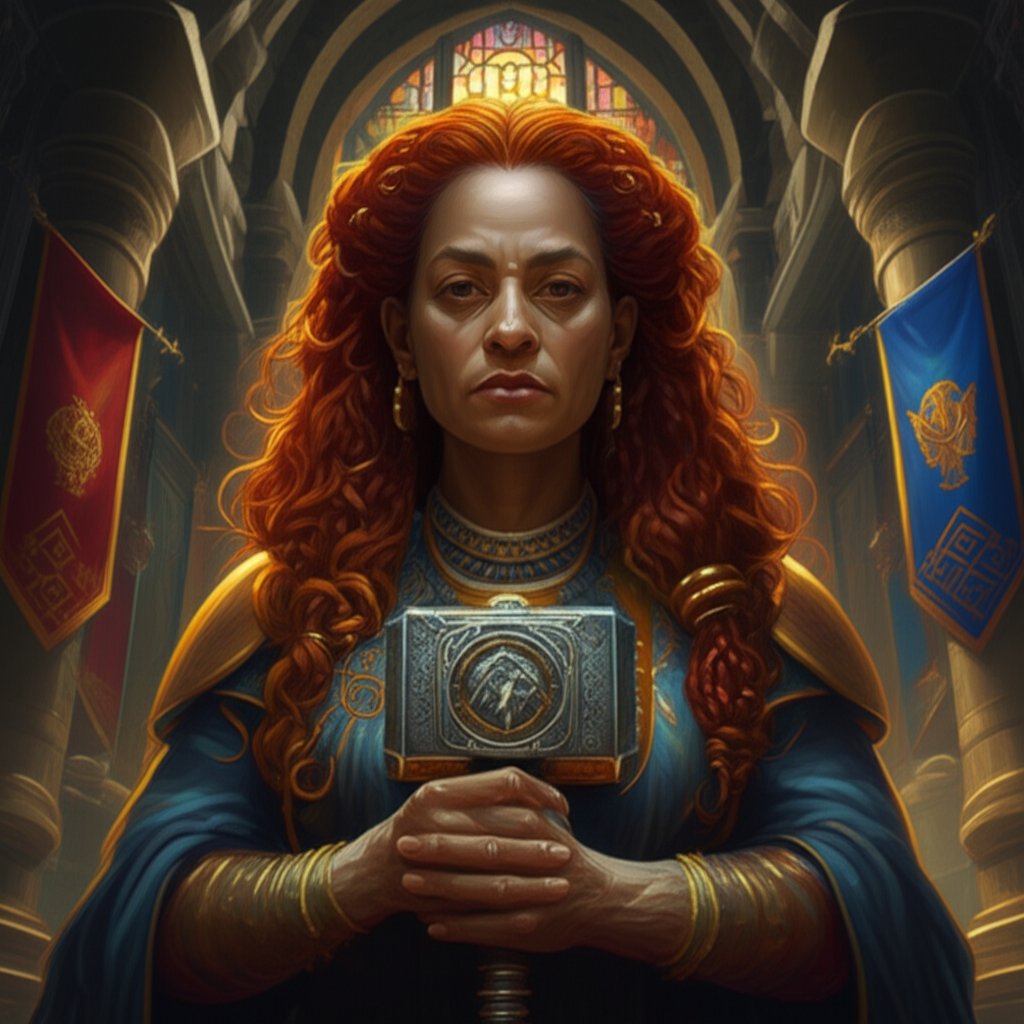
Generating Strong Female Dwarf Names
When you’re crafting a new character, have you ever wondered how to create female dwarf names that feel both powerful and authentic? Many fantasy settings focus on male dwarves, but female dwarves are just as vital—often leading clans, forging legendary weapons, or standing tall in battle. If you want your matriarch, warrior, or artisan to stand out, you need names that echo both strength and heritage. Let’s explore how you can use a female dwarf name generator or build memorable names from scratch.
What Makes a Female Dwarf Name Distinct?
Sounds complex? Not when you break it down. In classic dwarven cultures, female names often share the same Norse and Germanic roots as their male counterparts, but with subtle shifts in sound and meaning. You’ll notice:
- Softened Endings: Many female names use vowels or softer consonants at the end—like -a, -dis, -hild, or -unn—adding a touch of femininity while keeping the name robust.
- Meaningful Prefixes: Prefixes often reference ancestral traits, natural elements, or virtues (e.g., Ás- for godly, Berg- for mountain, Gud- for good or battle).
- Compound Structure: Just like male names, female dwarf names frequently combine two elements, each with its own meaning, to create a name with depth and resonance.
- Cultural Consistency: Names are often inspired by Old Norse or Icelandic traditions, giving them a timeless, mythic quality.
Strategies for Creating Powerful Female Dwarf Names
When using a female dwarf name generator, or brainstorming your own, keep these tips in mind:
- Start with a list of traditional female dwarf name suffixes like -dis, -hild, -dís, -rún, -unn, or -vór.
- Mix and match strong prefixes (Ás-, Berg-, Gunn-, Bryn-) with meaningful endings for names that sound both sturdy and elegant.
- Consider the character’s archetype—matriarch, warrior, or artisan—and choose elements that reflect their strengths or story.
- Draw inspiration from extensive lists of authentic female dwarf names, adapting them to fit your world’s culture or language (see: Dwarven Naming Conventions).
Examples of Female Dwarf Names by Archetype
Need inspiration? Here are some evocative examples, grouped by classic fantasy archetypes. Imagine how each name might shape your character’s role and reputation:
- Matriarchal Names (evoking wisdom, leadership, ancestry):
- Bergdís
- Ásdís
- Arnóra
- Gudvór
- Ragna
- Warrior Names (suggesting strength, valor, battle):
- Brynja
- Hervór
- Sigrun
- Járndís
- Valdís
- Artisan Names (reflecting creativity, craftsmanship, skill):
- Embla
- Signa
- Birna
- Bjarta
- Fjóla
These names are drawn from traditional sources and real-world naming conventions, ensuring they feel authentic and meaningful. You can find hundreds more examples in detailed naming guides, or use these as templates to invent your own.
How to Personalize Your Female Dwarf Name
Want your character’s name to be truly unique? Try these quick steps:
- Combine a chosen prefix and suffix that reflect your character’s story (e.g., Gunn- + -hild = Gunnhild).
- Add a clan or family name for extra depth (e.g., Hervór Ironhelm).
- Use sounds and syllables that are easy to pronounce but still feel ancient and strong.
By paying attention to structure, meaning, and archetype, you’ll create female dwarf names that are every bit as memorable and mighty as their male counterparts. Next, if you want to add a touch of humor or whimsy to your dwarven cast, we’ll explore how to craft clever and funny names that still fit your fantasy world.
Creating Memorable and Funny Dwarf Names
Ever wondered how to make your dwarf character the life of the party—or at least the most memorable in the tavern? When you want a name that gets a laugh but still fits your fantasy world, the trick is to blend humor with authenticity. But how do you strike that balance? Let’s break down what makes funny dwarf names work and explore practical techniques you can use to craft your own.
What Makes a Dwarf Name Funny?
It’s not just about being silly; the best comedic names play with expectations, exaggerate traits, or use clever wordplay. Imagine a dwarf named “Boldo Boulderbelly” or “Thrain Thunderpants”—you instantly get a sense of personality and a chuckle, too. The humor can come from:
- Puns and Wordplay: Twist common words or phrases related to dwarves—like mining, beer, or beards—into a playful name. For example, “Dugal Drunkbeard” or “Gloin Girdlegrip.”
- Literal Descriptions: Exaggerate a physical trait or habit. Names like “Stumpy Stoutswiggle” or “Frodo Fizzlepants” paint a vivid, funny picture.
- Ironic Nicknames: Give your dwarf a name that’s the opposite of what you’d expect, like “Tiny Thunderbolt” for a burly warrior, or “Wobble Waraxe” for a battle-hardened veteran.
- Alliteration and Rhyme: Names that roll off the tongue—such as “Bumpy Baldnoggin” or “Rumble Rumbleguts”—are naturally more fun and memorable.
- Pop Culture References: Subtle nods to familiar characters or celebrities, like “Bilbo Baggies” or “Beardy McBeardface,” can add an extra layer of humor (use sparingly to avoid breaking immersion) (see: Funny Names for DND).
How to Create Your Own Funny Dwarf Names
Ready to try it yourself? Here’s a step-by-step approach for generating dwarf name ideas that will have your friends grinning:
- Pick a dwarven trait or stereotype (big belly, love of ale, wild beard).
- Choose a word or phrase to exaggerate or twist (e.g., “tankard,” “thunder,” “stumble”).
- Mix and match with alliteration, rhyme, or a pun—combine two funny words or concepts.
- Test the name out loud. If it makes you smile, you’re on the right track!
Sample Funny Dwarf Names
| Male | Female | Unisex |
|---|---|---|
| Boldo Boulderbelly | Berta Beerbelly | Grizzle Goldbelly |
| Mungo Mugshaker | Helga Honeybrew | Wumble Wobbleaxe |
| Tankard Tankardson | Thora Thunderbuns | Stumble Stumblegut |
| Fumble Flintfingers | Frida Flatfoot | Puddle Plankshank |
| Wobble Waddlehammer | Brunhilda Broadbottom | Thumper Thickhide |
Tips for Keeping It Playful—Not Distracting
- Stay true to your setting—avoid jokes that break the fantasy world’s tone.
- Use humor to add depth, not just for laughs. A funny name can hint at backstory or personality.
- Balance the silly with the serious—sometimes the best names are the ones that make everyone at the table laugh and then nod in appreciation of your creativity.
By combining clever techniques with a dash of dwarven spirit, you’ll create names that are both hilarious and unforgettable. Next, let’s look at how to expand your world-building by naming entire dwarf nations, cities, and fortresses for a truly immersive experience.
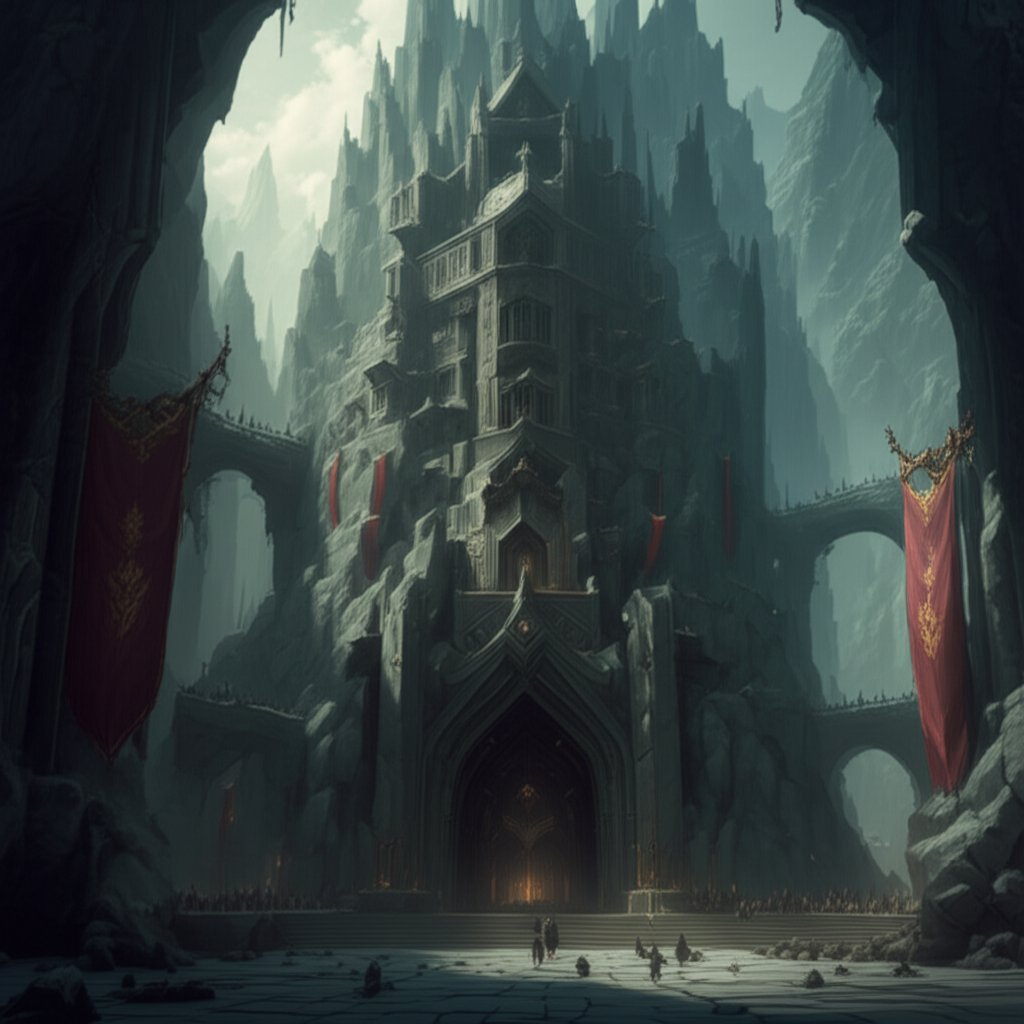
Beyond Characters
When you picture a sprawling dwarven kingdom—echoing halls, bustling cities, and legendary strongholds—do the names of these places instantly evoke a sense of ancient power and culture? If not, you’re not alone. Naming entire nations, cities, and fortresses is one of the most challenging (and rewarding) aspects of world-building. But how do you create dwarf nation names and place names that feel as real and memorable as your characters?
Why Dwarf Place Names Matter in Fantasy World-Building
Sounds complex? It can be, but with the right approach, you’ll find it’s also incredibly fun. Place names are more than just labels on a map—they’re the backbone of your setting’s history and culture. The right fantasy place name generator or naming strategy can help you:
- Anchor your world in a sense of realism and tradition
- Reflect the geography, resources, and legends of your dwarven society
- Convey the values, fears, and aspirations of your people
Imagine a city called "Stonevault," a fortress named "Irondeep," or a dynasty known as the "Hammerkings." Each name instantly paints a picture of the landscape and the dwarves who built it.
How Geography and History Shape Dwarven Place Names
When you set out to name a dwarven nation or city, start by asking: What is this place known for? Is it nestled in a mountain, hidden in a cavern, or built atop ancient ruins? The answers will guide your choice of root words and naming conventions. Here’s a practical approach inspired by expert advice on crafting fantasy place names:
- Physical Features: Mountains, rivers, mines, and valleys often become the foundation of place names (e.g., "Khazad-dûm" means "Dwarf Mansion" in Tolkien’s lore).
- Historical Events: Battles, discoveries, or legendary deeds may be commemorated in city or fortress names (like "Grudgehold" or "Foundersdeep").
- Cultural Values: Names can reflect virtues such as strength, endurance, or craftsmanship ("Stoneheart Hall," "Goldenshield Bastion").
Building Consistency with Root Words and Patterns
To make your world feel cohesive, try using a set of core root words that you adapt across different locations. This mirrors real-world language evolution and helps your setting feel more authentic. Here’s a simple table to illustrate how you might use root words for a dwarven nation:
| Root Word | Meaning | Example Place Names |
|---|---|---|
| Khazad | Dwarf/People | Khazad-dûm, Khazadbar |
| Dûm | Mansion/Hall | Barad-dûm, Iron-dûm |
| Baraz | Red/Stone | Barazgund, Barazhold |
| Gund | Hall/Fortress | Thakalgund, Gundruk |
Mix and match these roots to generate names that sound like they belong together—"Barazgund" (Red Hall), "Khazadbar" (Dwarf City), or "Iron-dûm" (Iron Mansion). This technique can be applied using any language base, not just Tolkien-inspired roots.
Drawing Inspiration from Real-World Naming Systems
Ever wondered how to make your dwarven place names feel truly unique? One powerful strategy is to borrow from real-world languages. For example, some writers blend elements from Norse, Germanic, or even Chinese, Russian, or Greek to create a fresh naming palette. This approach ensures your nation’s names have depth and variety, while still feeling internally consistent.
Imagine using a Chinese Name Generator to find characters or words symbolizing "mountain," "iron," or "eternity." You could then combine these with your own fantasy roots to build names like "Shanlong Hall" (Mountain Dragon Hall) or "Tiecheng Bastion" (Iron City Bastion). The result? Place names that are not only evocative but also carry hidden meanings and cultural resonance.
Tips for Creating Dwarf Nation Names and Place Names
- Start with your nation’s defining features—are they miners, warriors, traders, or inventors?
- Choose root words that reflect these traits and use them across multiple place names for consistency.
- Mix in elements from different languages or use a fantasy place name generator for inspiration.
- Check the meaning and pronunciation of your names to avoid accidental pitfalls (tools like Google Translate or the Chinese Name Generator can help).
- Don’t be afraid to iterate—sometimes the best names come after a few rounds of mixing, matching, and tweaking.
By following these steps, you’ll create a world where every city, fortress, and dynasty name adds depth to your setting. And when you need a spark of inspiration or want to anchor your place names in real meaning, tools like the Chinese Name Generator offer a unique way to enrich your world-building with cultural authenticity and creativity.
With your dwarf nations and places named, you’re ready to bring your entire fantasy world to life. Next, we’ll wrap up this guide by summarizing the key lessons and encouraging you to take your naming journey even further.
Conclusion
When you look back at the journey through dwarf naming, what stands out? Maybe it’s how a single name can spark an entire backstory, or how a carefully chosen clan name instantly grounds your character in a living, breathing world. Names are more than just labels—they are the heartbeat of your storytelling and world-building.
Key Takeaways for Creating Legendary Dwarf Names
- Understand the Anatomy: Dive deep into classic structures—think strong consonants, meaningful prefixes and suffixes, and cultural roots inspired by Norse, Germanic, or even real-world languages.
- Embrace Universe-Specific Conventions: Whether you’re crafting a D&D hero, a Tolkien-inspired explorer, or a video game legend, tailoring names to fit the lore makes your characters unforgettable.
- Balance Individuality and Tradition: Mix personal names with evocative clan or family names to give your dwarves both unique identities and a sense of heritage.
- Explore Archetypes and Humor: From fierce matriarchs to comedic sidekicks, use naming techniques that match your character’s role and personality.
- Build Worlds, Not Just Characters: Don’t stop at individuals—apply naming patterns to cities, fortresses, and nations for a richer, more immersive setting.
How to Use Generators and Cultural Resources Effectively
Sounds overwhelming? It doesn’t have to be. The best dwarf name generator isn’t just a random tool—it’s a creative partner. Here’s how to get the most out of it:
- Start with a clear vision: Are you naming a battle-hardened warrior, a wise clan leader, or a bustling dwarven city?
- Use generators as a springboard: Let them provide raw ideas, then tweak syllables, mix roots, or add cultural touches until the name fits your story perfectly.
- Seek out resources that focus on meaning and authenticity. For example, the Chinese Name Generator lets you create names with deep, character-based meanings—like "mountain," "iron," or "honor"—adding layers of story and symbolism that standard generators often miss.
- Experiment with blending languages and traditions. Imagine a dwarf whose name combines Norse structure with Chinese symbolism for a truly one-of-a-kind identity.
Ready to Create Dwarf Names That Stand the Test of Time?
Imagine the possibilities: a hero whose name echoes through legend, a city whose title tells a tale, or a clan whose legacy shapes your entire world. The tools, strategies, and inspiration are now at your fingertips. Don’t be afraid to try new combinations, draw from diverse cultures, or adapt generated names to fit your unique vision.
“The first draft is just you telling yourself the story.” — Terry Pratchett
So, what are you waiting for? Start experimenting with the best dwarf name generator options and cultural inspirations available. With each name you create, you’re not just filling a page—you’re building legends that will live on in the hearts of your readers, players, or fellow adventurers. Happy naming!
Frequently Asked Questions about Dwarf Name Generators
1. How do dwarf name generators create authentic fantasy names?
Dwarf name generators use linguistic patterns from Norse and Germanic languages, combining strong prefixes and suffixes to produce names that sound traditional and meaningful. Many also allow you to select style preferences or universe-specific options to match your character’s lore.
2. What makes a good dwarf name for Dungeons & Dragons?
A good D&D dwarf name reflects both personal and clan heritage, using sturdy consonants and meaningful roots. Names often honor ancestors, highlight subrace traits, and fit the setting’s cultural traditions, making the character feel grounded in the world.
3. Can I use a dwarf name generator for female characters?
Yes, many generators include options for female dwarf names, offering suffixes and structures that evoke strength and femininity. You can also combine traditional elements to create unique, robust female names for any role or archetype.
4. How can I create unique dwarf nation or place names?
Start by identifying key geographic or cultural features, then use root words and naming patterns to ensure consistency. Tools like the Chinese Name Generator can provide culturally rich meanings, helping you craft place names that resonate with authenticity.
5. Why use the Chinese Name Generator for fantasy dwarf names?
The Chinese Name Generator is valuable because it focuses on character-based meanings, letting you build names around concepts like 'stone,' 'iron,' or 'mountain.' This approach adds cultural depth and symbolism, making your dwarf names and places more distinctive and meaningful.
